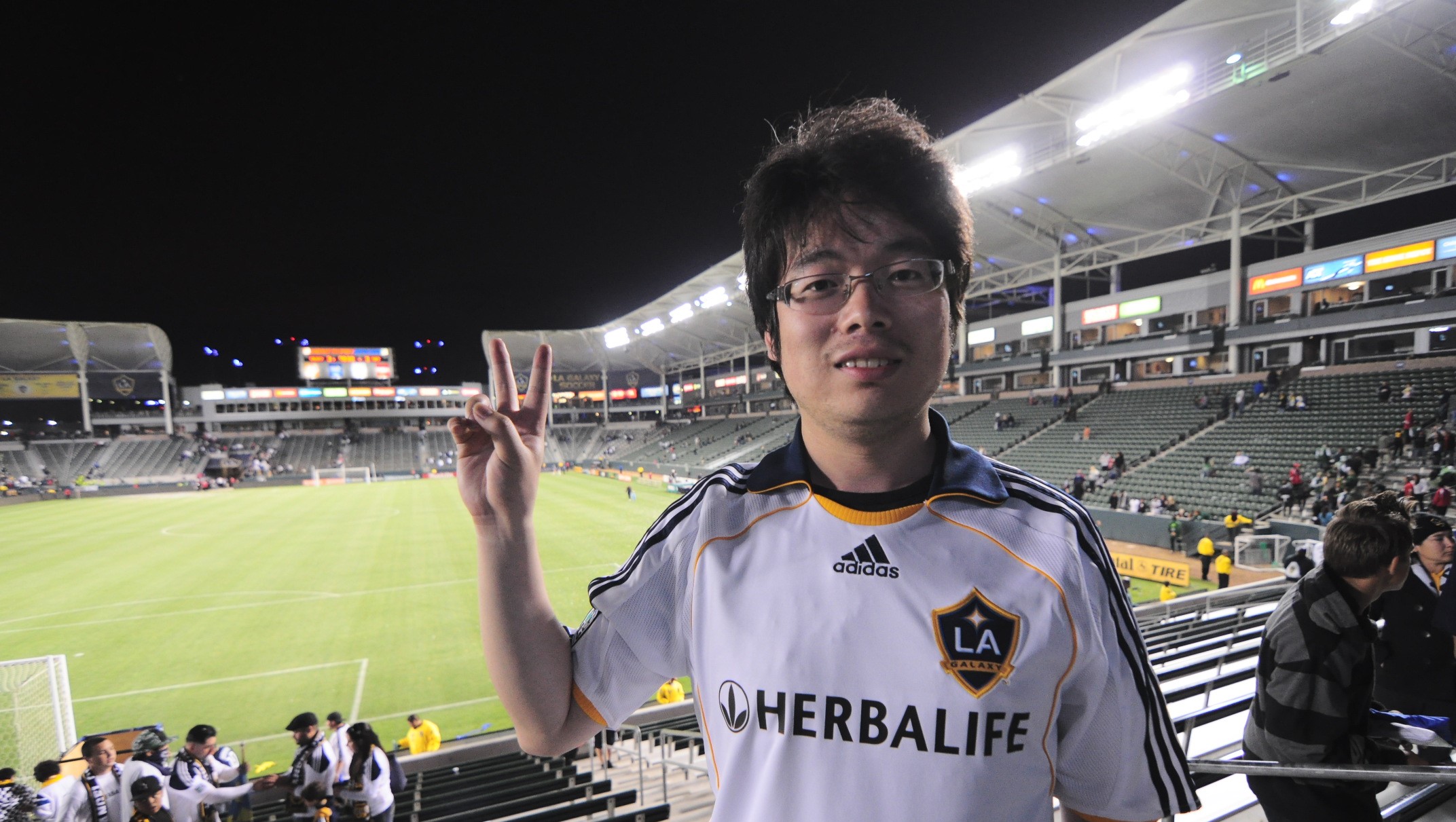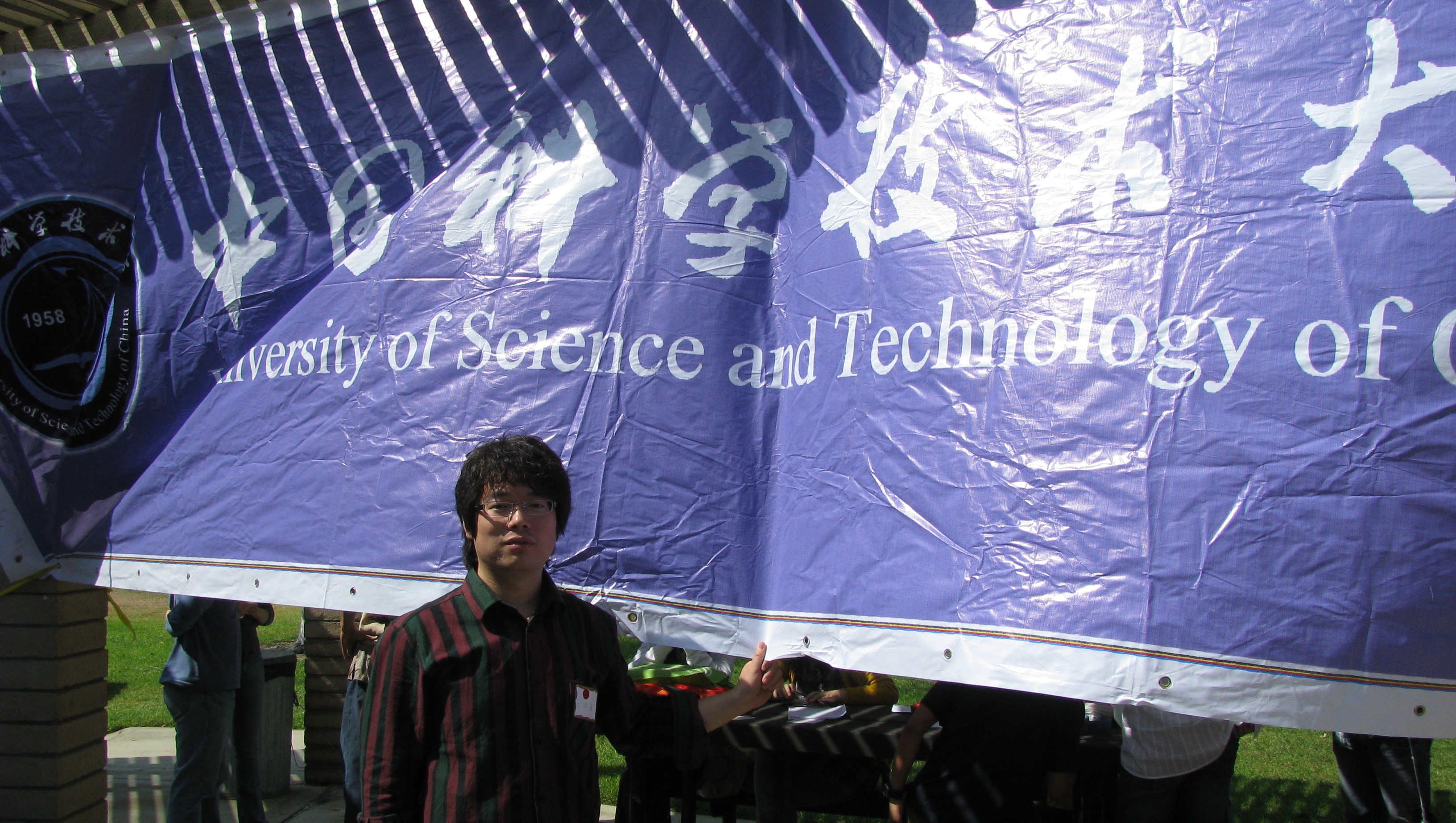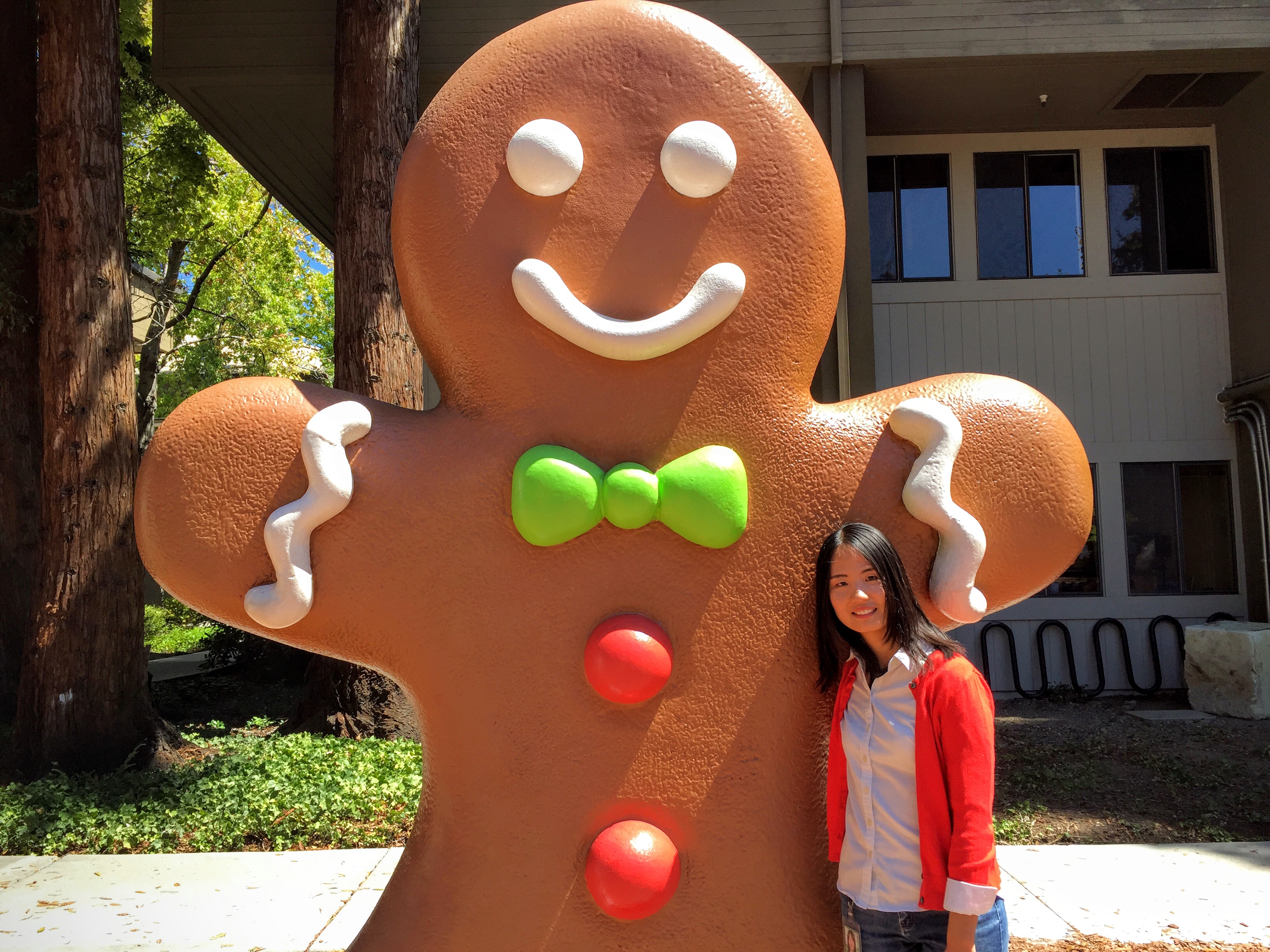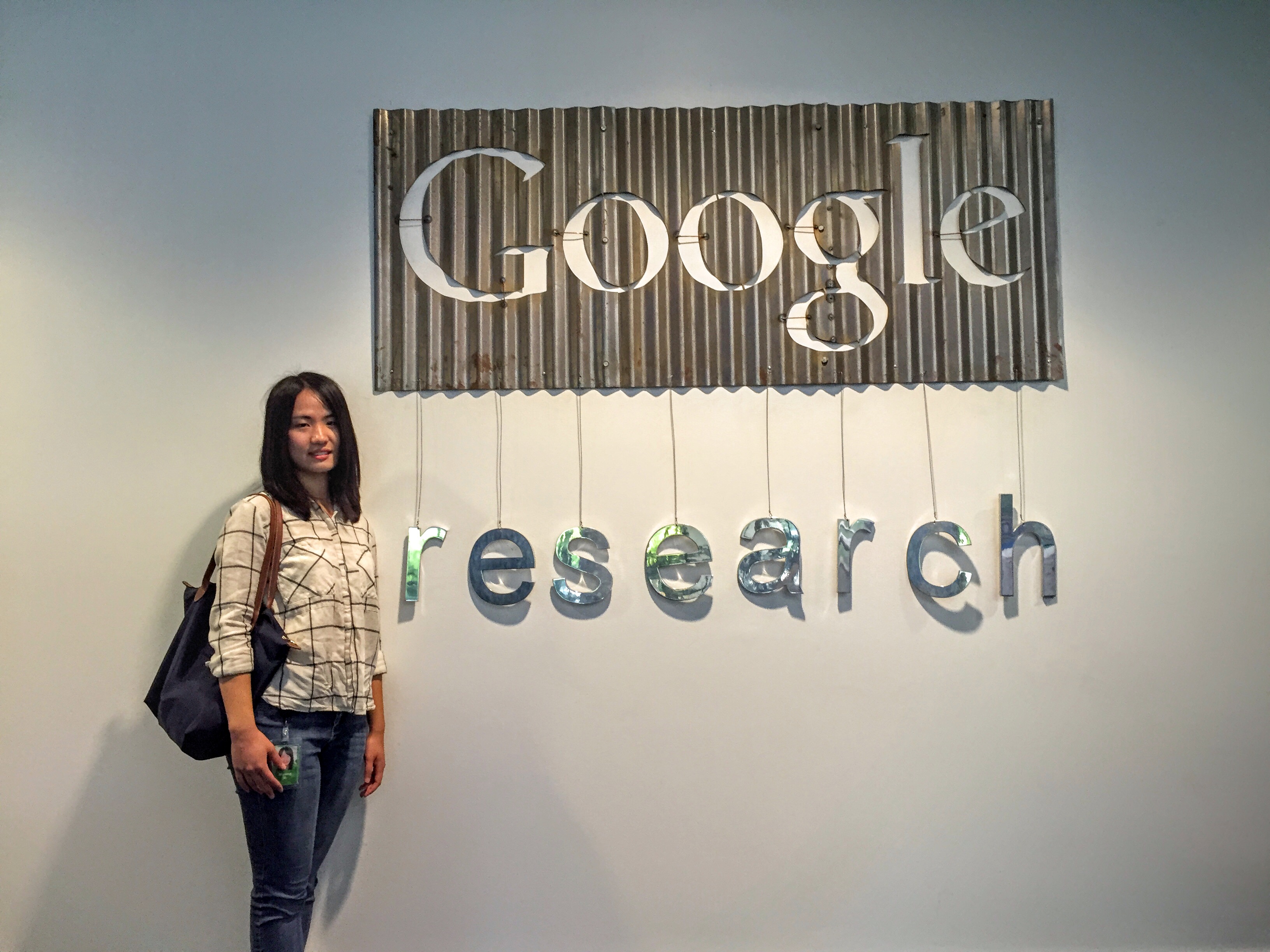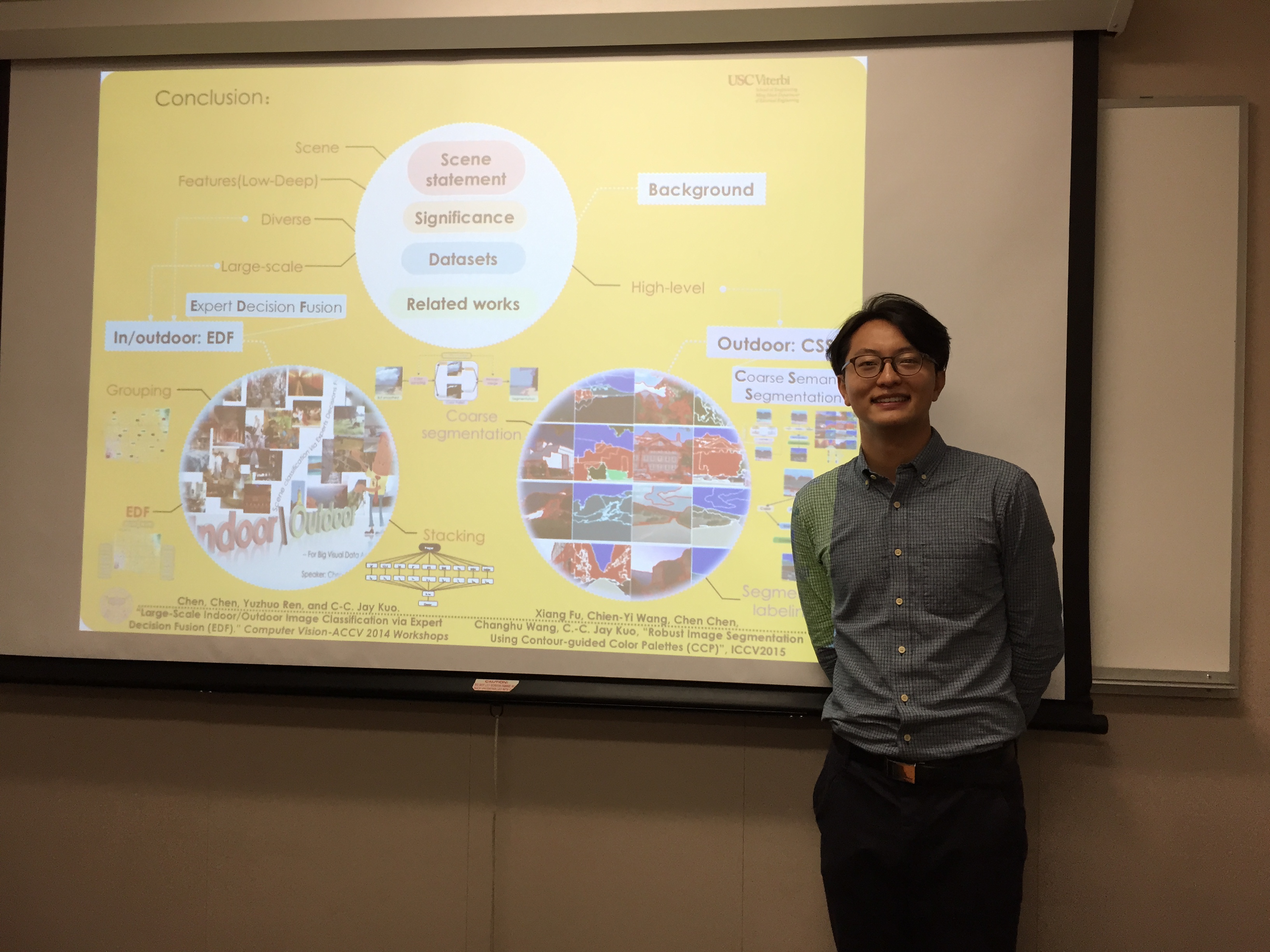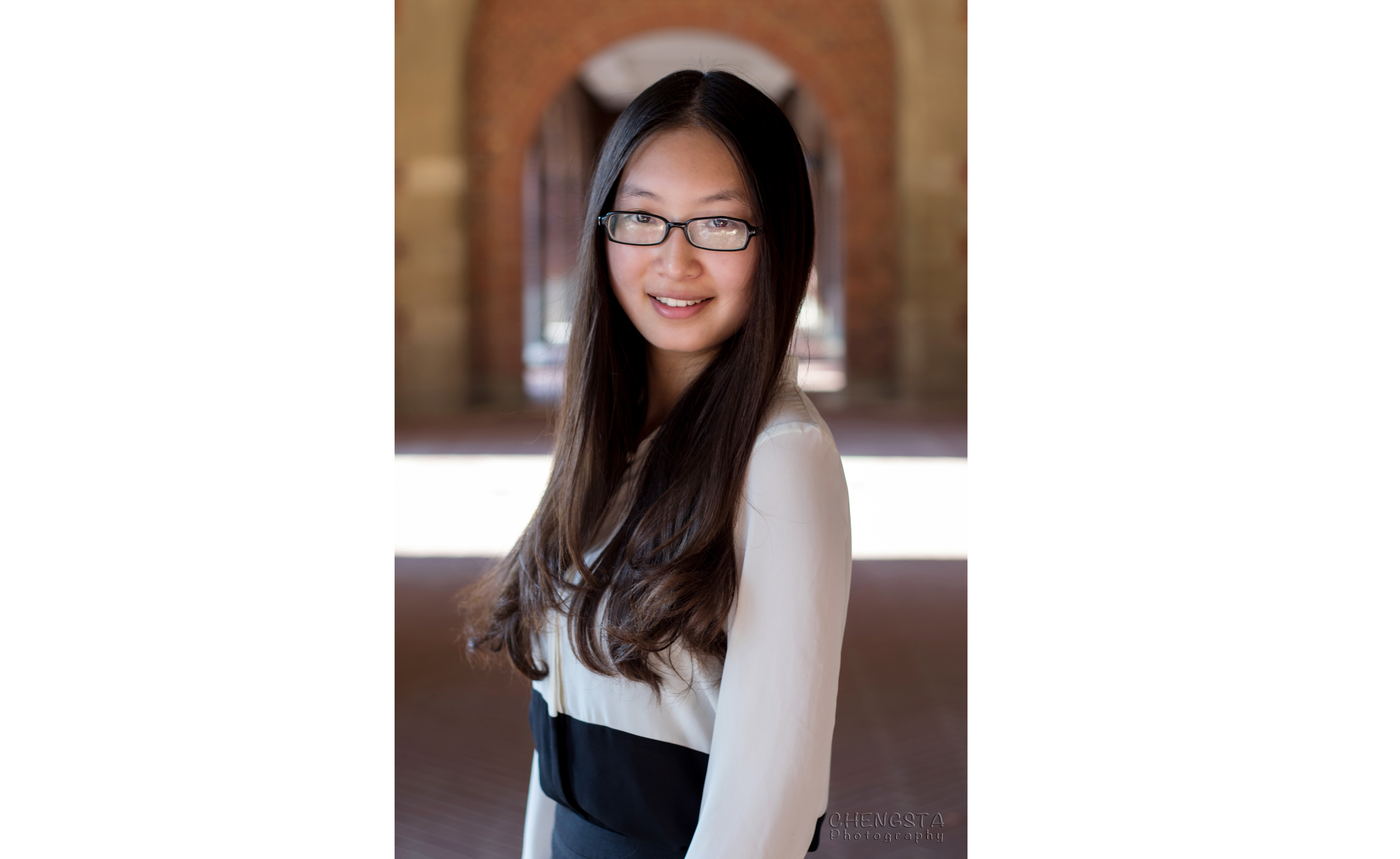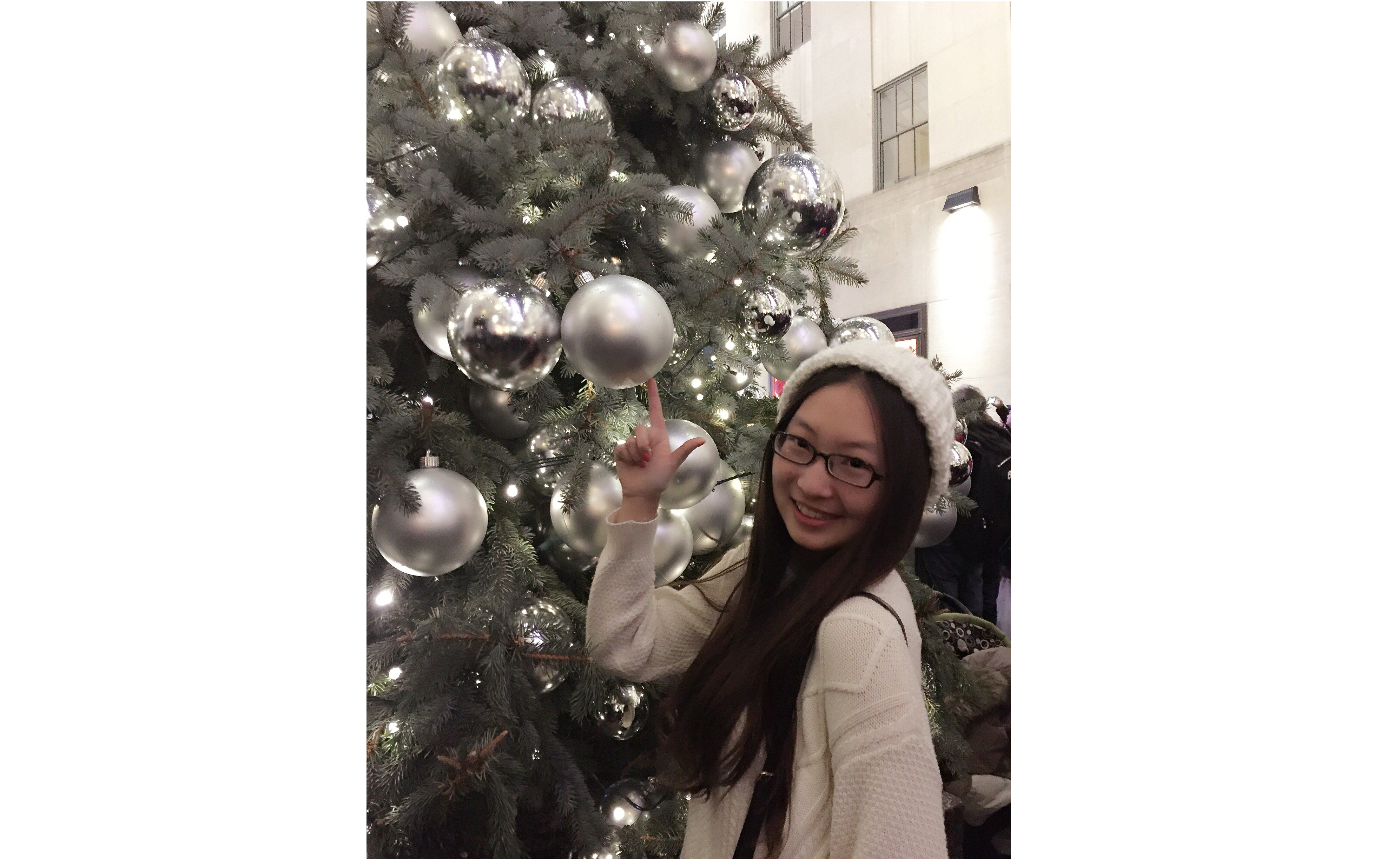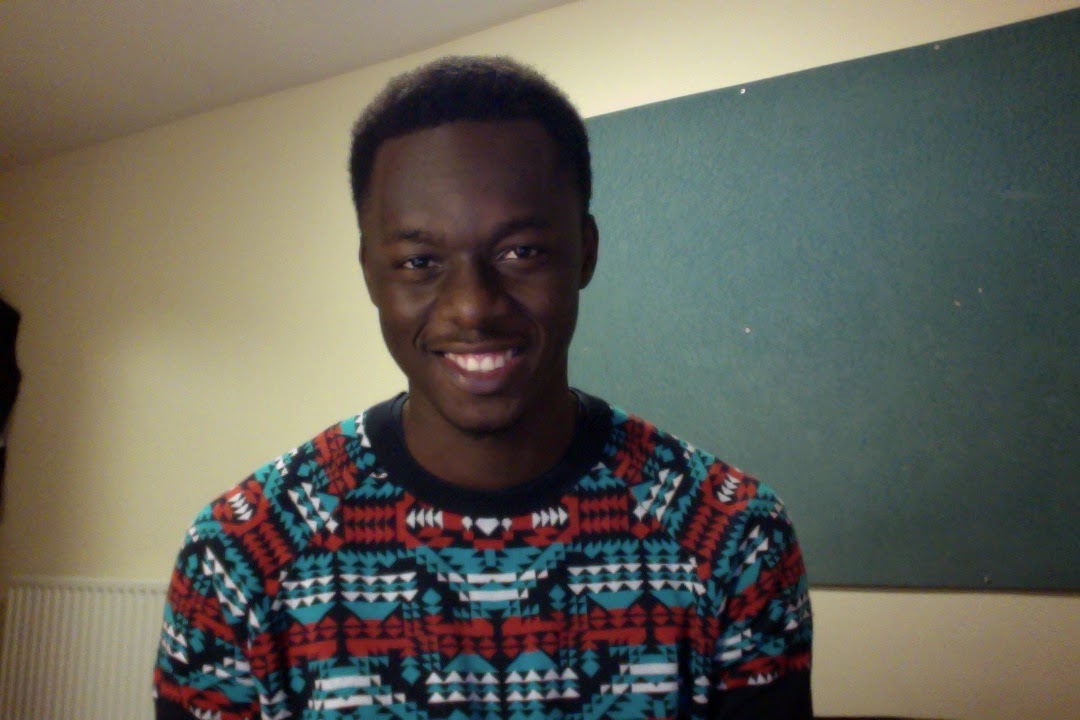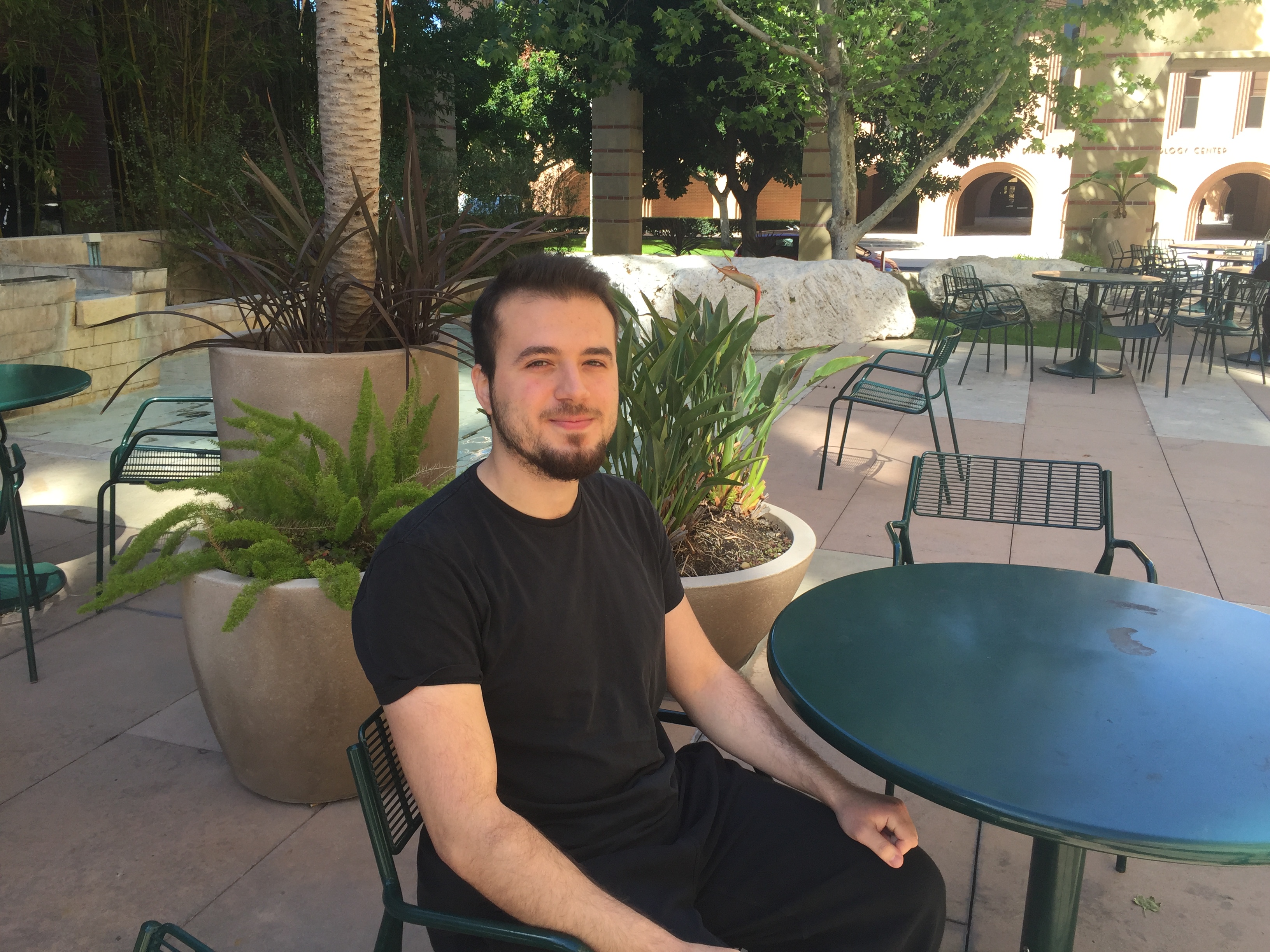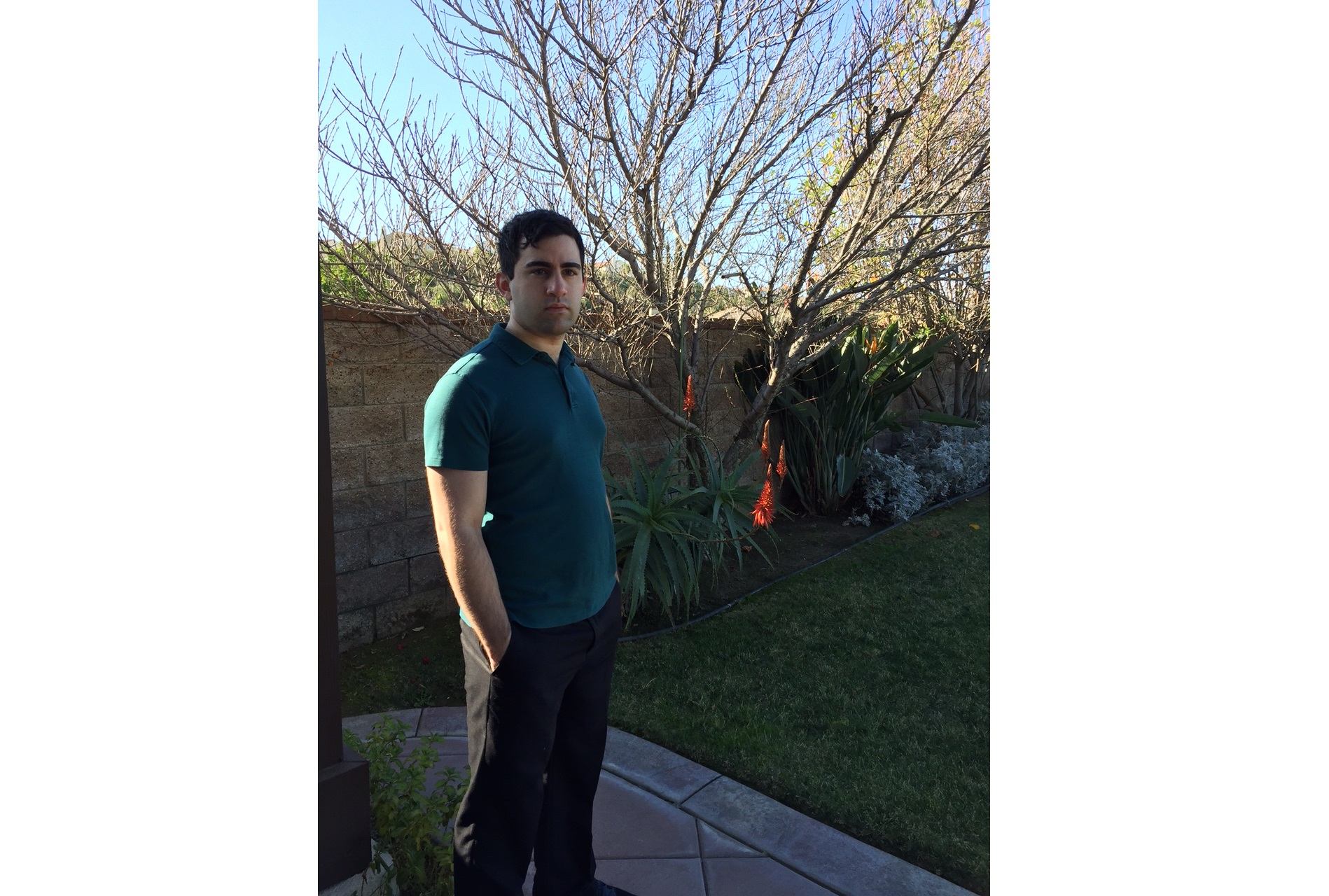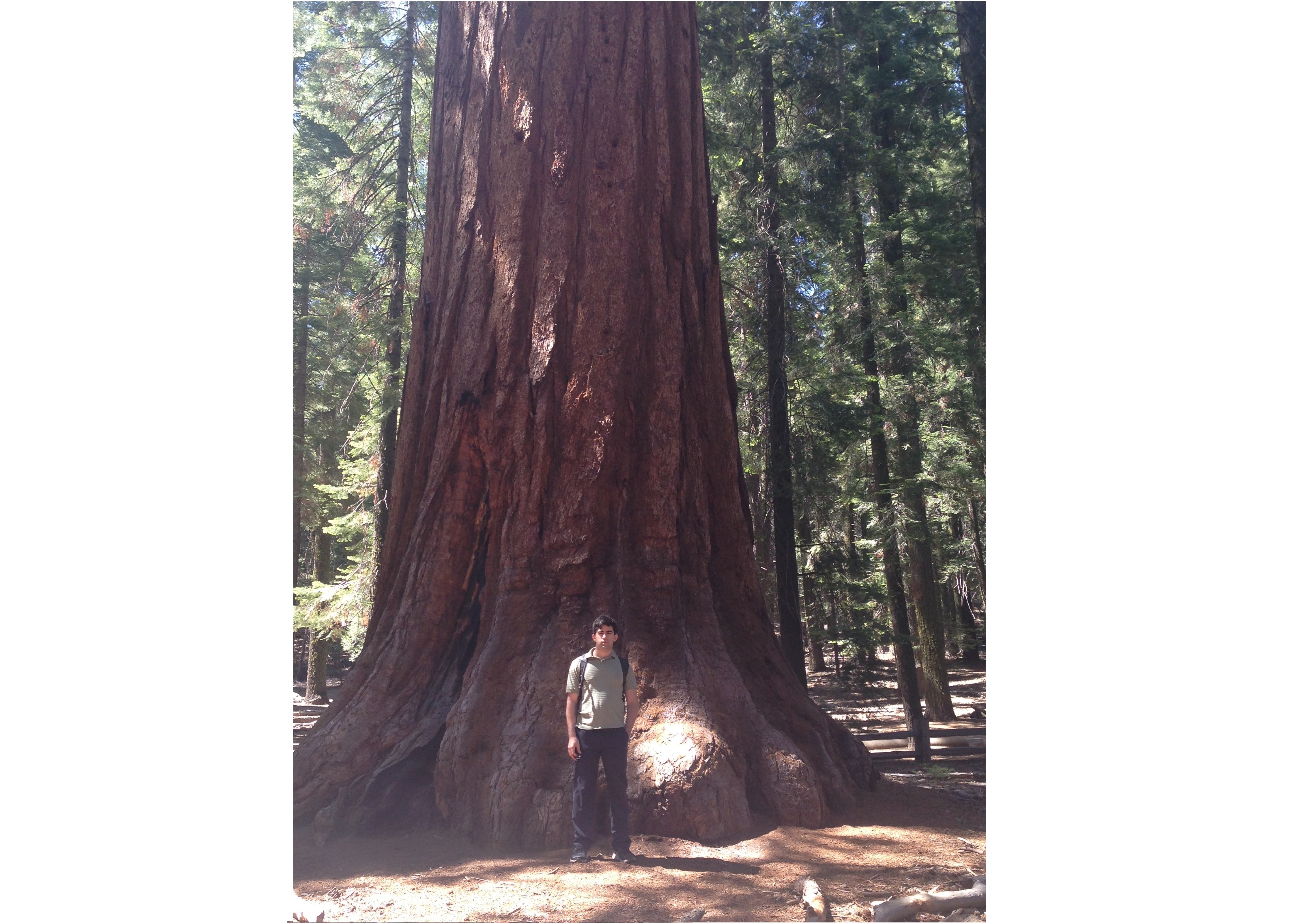Congratulations to Jian Li for Summer Internship at Apple
Jian Li, a PhD student in MCLab, recently obtained an internship offer from Apple. Congratulations! We have an interview with him about internship hunting.
1. How does the study in USC and MCL help you?
My study at USC especially in MCL helps me a lot in varieties of aspects. First, my capability of solving problems is enhanced by the research experience in MCL. We learn about the state-of-the-art algorithms, have brainstorm, and discuss logically almost everyday in our lab. Professor’s feedback and interaction with group members help us to explore the fundamental challenging of a problem and the way to think in deep. Second, my programming skills are sharpened through the research projects. We have great emphasize on coding style in order to deliver easily understandable programming. This experience attracts the industrial people’s interest since it shows that we can not only think in theoretically, but also implement ideas in details. Third, we are trained with teamwork spirit in our lab. The MCL organization composed of sub-groups benefits us to work together in a much efficient way. Knowing how to communicate with people, what to learn from others and how to collaborate will be a treasure for our future career.
2. What makes you stand out among other candidates applying for the same position?
I feel that broaden computer vision knowledge and good oral presentation are the key points. There are many group members in MCL and the variety of topics cover many research fields. Therefore, we have the chance to learn different technologies in different areas through our group seminar sharing. This indeed serves us as a broaden knowledge pool so that our members have richer capability. On the other hand, the group seminar makes everyone have the opportunity to present our own research [...]

